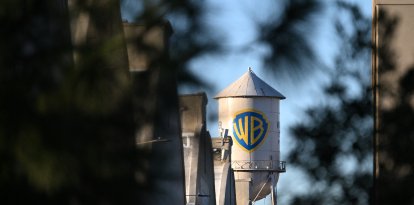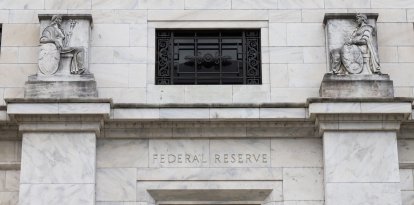Several states oppose Biden's utopian electric vehicle plan
The president wants these models to dominate the roads despite the fact that neither the cars themselves nor the infrastructure is ready for them.

(Pexels)
Last week, Toyota President Akio Toyoda noted that there is a large backlash happening against electric cars and the position the Biden Administration is willing to take on the issue. The President's intention is for these types of vehicles to dominate the U.S. market and roads.
To that end, Joe Biden is providing billions in grants to citizens who purchase these models -last year's Infrastructure Act included $7.5 billion in aid to states to expand their charging networks.- In February, The Secretary of Transportation, Pete Buttigieg, claimed that "America must lead the electric vehicle revolution" and said the President's Infrastructure Act "will help us win the EV race by working with states, labor, and the private sector to deploy a historic nationwide charging network that will make EV charging accessible for more Americans."
Now, in addition to the existing rejection of electric vehicles detailed by Toyota, there is opposition from several states. And each one with its own arguments.
"Cold weather reduces EV range"
According to the Wall Street Journal, Maine explained to the Federal Administration that "cold weather reduces EV range": below 5 degrees, they only reach a little more than half of their range. In other words, a car that is capable of going 250 miles between recharges will only go 135 miles. They also detailed that car charging times are also increasing.
Another state that disagrees with Joe Biden's position is Illinois, which warned against the "challenges related to sufficient electric grid capacity, particularly in rural areas." The Department of Transportation requires that, on the approximately 75,000 miles of interstate highways throughout the territory, there must be a charging station every 50 miles. What the Federal Administration does not count on is that the country's electrical grids are not designed to support so many recharging stations.
"They will be useless"
The Wall Street Journal also reported on New Mexico's position of the hypothetical dominance of electric vehicles, which alludes to the uselessness of charging stations at certain points on the highways:
In June, Biden proposed building a nationwide network of 500,000 electric vehicle charging stations by 2030, without specifying the location of each station.
Regarding the Secretary of Transportation's assertion that they would collaborate with the private sector, Arizona stated that "private businesses may build and operate a station if a grant pays for the first five years of operations and maintenance," but if the project turns out to be unprofitable, it would be abandoned and there would be no one to manage it.
Technical problems and labor requirements
Virginia highlights another point on the list of technical problems experienced by each station. It says its hardware "has a short track record" and is "prone to malfunctions." They added:
Researchers at a California university drew on data from Virginia and found that more than a quarter of the public DC fast-charging stations in the San Francisco Bay Area were unusable.
On the other hand, the Administration requires that each electric operator who installs and maintains the charging stations must be certified in the Electric Vehicle Infrastructure Training Program.

























